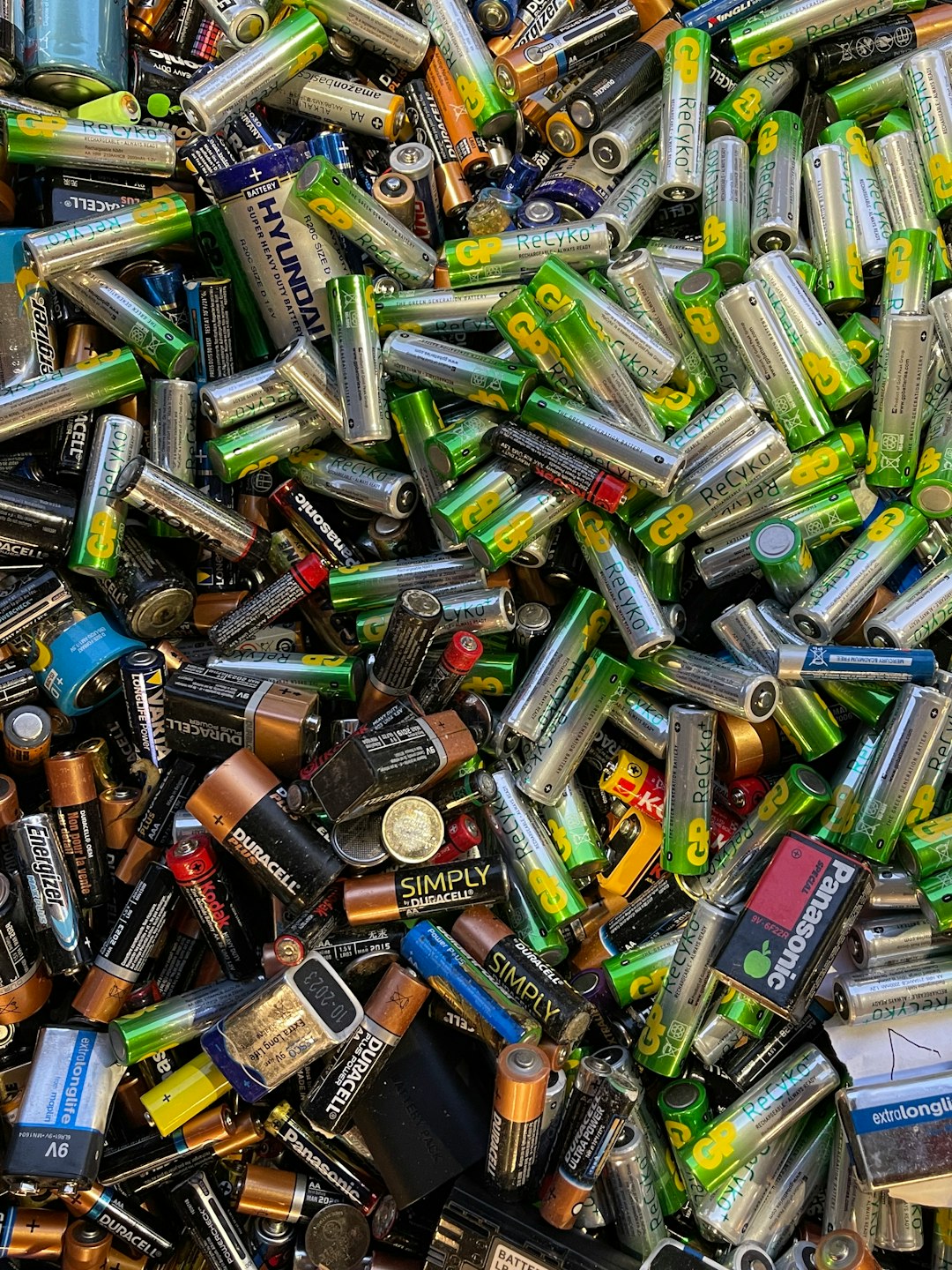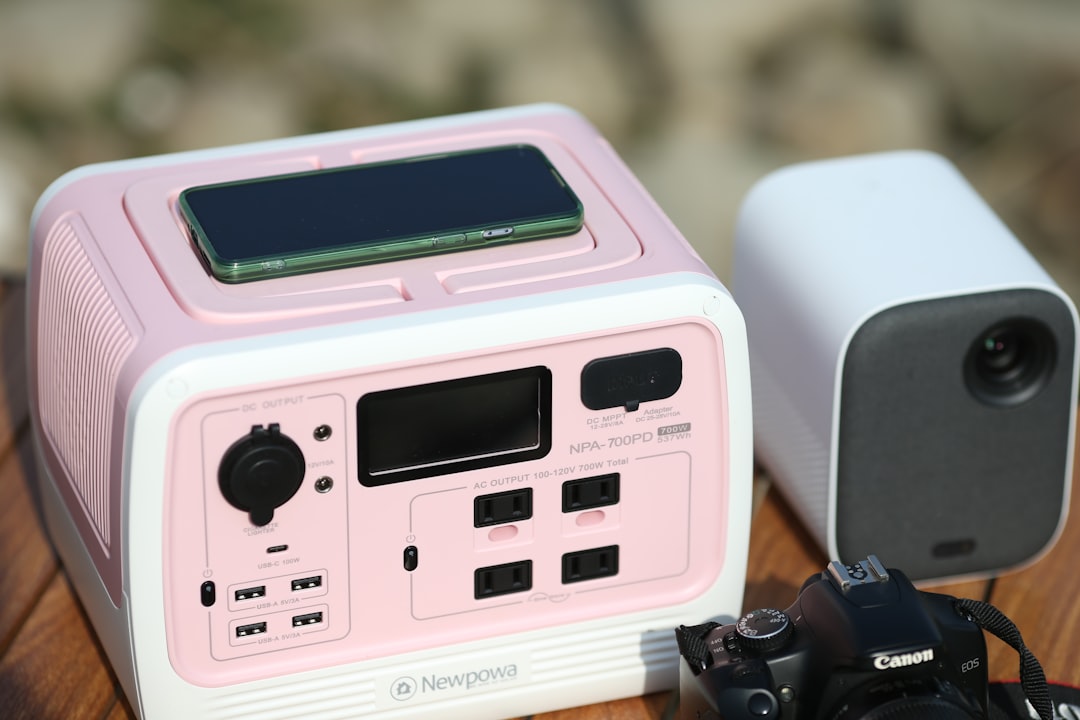Batteries are everywhere. From your TV remote to your phone, they keep things running. But not all batteries are the same. Some get thrown away after one use. Others can be used again and again. These are disposable and rechargeable batteries. Let’s dive into the world of batteries and see which type is the best for you.
What Are Disposable Batteries?
Table of Contents
These are the batteries you use once and then toss. They’re also called single-use batteries. The most common types are:
- AA
- AAA
- 9V
- Coin cell (like CR2032)
You’ll find them in clocks, toys, and remotes. They usually come in alkaline or lithium versions. Disposable batteries are cheap and easy to find. But once they run out, they’re done. You can’t charge them again.
What Are Rechargeable Batteries?
Just like the name says, these can be recharged and reused. That means less waste and more savings over time.
Common types include:
- NiMH (Nickel-Metal Hydride)
- Li-ion (Lithium-ion)
- NiCd (Nickel-Cadmium)
You’ll see rechargeable batteries in phones, cameras, laptops, and even cars. They cost more up front, but they last much longer.

Key Differences: Disposable vs Rechargeable
Let’s break it down into simple points:
| Feature | Disposable | Rechargeable |
|---|---|---|
| Use | One-time | Multiple times |
| Cost | Cheaper at first | More expensive at first |
| Waste | More waste | Less waste |
| Power | Higher initial power | May lose charge faster |
| Best For | Low-drain devices | High-drain and daily-use devices |
Where Should You Use Each Type?
Not all gadgets are the same. Some sip power slowly. Others drink it fast. Here’s a quick guide:
Use Disposable Batteries For:
- TV remotes
- Wall clocks
- Smoke detectors
- Flashlights (occasional use)
Use Rechargeable Batteries For:
- Digital cameras
- Game controllers
- Wireless keyboards and mice
- Flashlights (regular use)

Pros and Cons
Disposable Batteries
Pros:
- Easy to buy
- Less expensive upfront
- Great for storage and emergencies
Cons:
- Can’t be reused
- Harmful to the environment
- More money over time
Rechargeable Batteries
Pros:
- Can be used hundreds of times
- Environmentally friendly
- Cheaper over time
Cons:
- Higher upfront cost
- Need a charger
- May lose charge if unused
How Long Do Batteries Last?
This depends on the battery and how you use it. But here’s a rough estimate:
Disposable Batteries
- Alkaline: 2 to 7 years (shelf life)
- In-use: A few hours to weeks (depending on the device)
Rechargeable Batteries
- NiMH: 500–1000 charge cycles
- Li-ion: 300–500 full charge cycles
- NiCd: 200–300 charge cycles
That means a rechargeable battery can replace hundreds of disposables. Pretty cool, right?
Battery Safety Tips
Batteries may be small, but they can be dangerous. Here are some tips to stay safe:
- Don’t mix battery types – It can cause leaks or explosions.
- Keep batteries dry – Water and batteries don’t mix!
- Recycle used batteries – Don’t just throw them in the trash.
- Use the right charger – Especially for lithium batteries.
- Don’t overcharge – It can damage the battery and be unsafe.
Environmental Impact
This is a big one. Disposable batteries end up in landfills. They can leak chemicals like mercury and lead. Not good for the planet.
Rechargeable batteries help reduce waste. One rechargeable can replace hundreds of disposables. That’s less trash and less pollution.</
And even rechargeable batteries can be recycled! Many stores have drop-off bins. Use them!

Cost Comparison
Let’s talk money. Here’s what it might look like over five years:
- Disposable Batteries: $1 per battery × 100 = $100
- Rechargeable Batteries: $15 for a 4-pack + $20 charger = $35
Your cost with rechargeables? Just $35 for what could’ve cost $100 with disposables. Big savings over time.
When Are Disposables Still Useful?
Sometimes, they are just better. For example:
- Emergency kits (long shelf life)
- Camping trips (no chargers needed)
- Gadgets used very rarely
So don’t throw all your disposables away. Just know when to use them.
Final Thoughts
Batteries might not seem exciting, but they power almost everything we love. If you care about the planet, your wallet, and your gadgets, it’s worth thinking about which kind you use.
Disposable batteries are handy but wasteful. Rechargeable batteries are smart, long-term choices. The best setup? Use both. Where they make sense.
Next time you grab a pack of batteries, think ahead. What are you using them for? How often? Do you really want to buy more every month?
Be battery smart. Your gadgets, and the Earth, will thank you.

